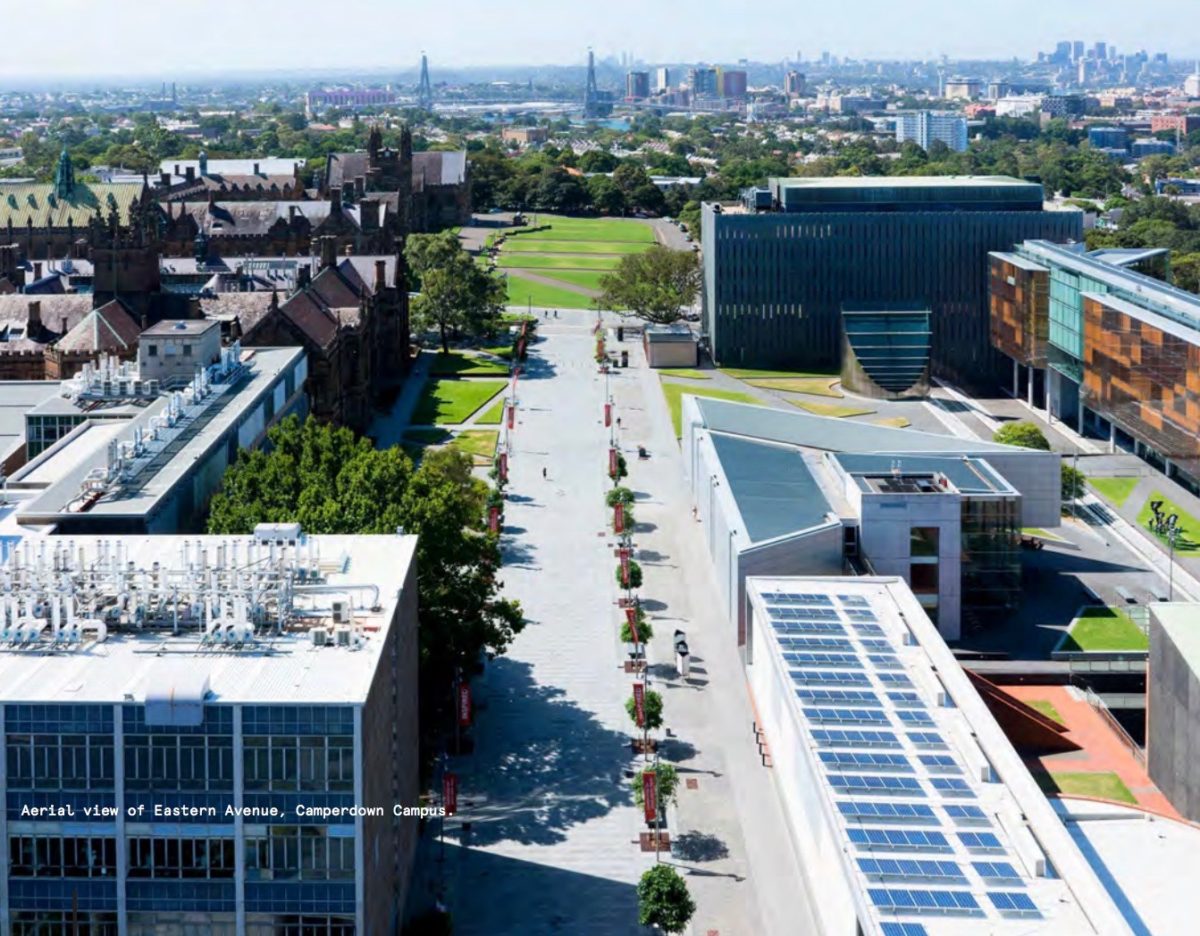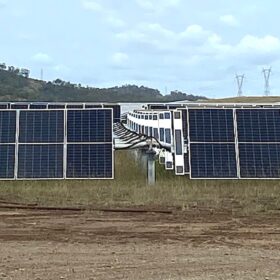Sydney University (Sydney Uni) has announced a commitment to new sustainability targets, including a pathway to net zero emissions, with the release of its climate statement.
Among Sydney Uni’s other commitments are an effort to send zero waste to landfill and reduce its potable water use by 30% by 2030. However, the most significant commitments are the sourcing of 100% of the university’s electricity from renewable energy by 2025 (including 3 MW of on-site renewable generation), and achieving net zero emissions from Scope 1 and 2 sources by 2030.
Sydney University currently has rooftop solar systems installed on 20 buildings, generating more than 1 MWh of solar energy each year.

According to Sydney Uni, the institution acknowledges the gravity of the climate crisis and the need for “immediate and comprehensive action to meet, and preferably exceed, the Paris Agreement targets.” Targets which the university acknowledges are a response to “clear scientific consensus”.
The University of Sydney Vice-Chancellor Michael Spence acknowledged the pressure the Covid-19 pandemic has wrought globally, but insisted that the common threat of climate change remains an imperative.
“We know that urgent action is needed,” said Spence, “and as Australia’s oldest university we believe we have an obligation and ability to align our world-leading sustainability research and teaching with everyday life at the University – to test and showcase what can be done – in so doing, our ideas will help change the world.”
Sydney Environment Institute director, Professor David Schlosberg said that the pandemic has refashioned the public discussions we’re having as a nation, even if we haven’t been able to have them in public. The realisation, says Schlosberg, is the need for systemic change, not just individual actions.
This content is protected by copyright and may not be reused. If you want to cooperate with us and would like to reuse some of our content, please contact: editors@pv-magazine.com.









By submitting this form you agree to pv magazine using your data for the purposes of publishing your comment.
Your personal data will only be disclosed or otherwise transmitted to third parties for the purposes of spam filtering or if this is necessary for technical maintenance of the website. Any other transfer to third parties will not take place unless this is justified on the basis of applicable data protection regulations or if pv magazine is legally obliged to do so.
You may revoke this consent at any time with effect for the future, in which case your personal data will be deleted immediately. Otherwise, your data will be deleted if pv magazine has processed your request or the purpose of data storage is fulfilled.
Further information on data privacy can be found in our Data Protection Policy.